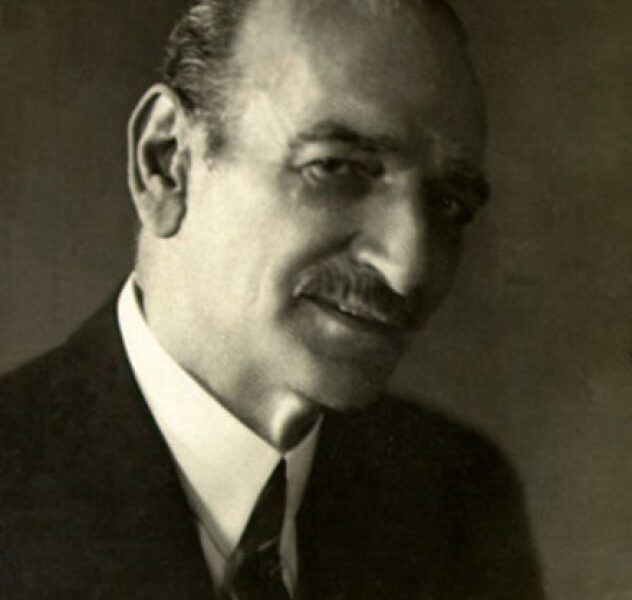In a historical reflection, today marks the anniversary of the death of Gregorios Xenopoulos, the acclaimed novelist, journalist, and playwright from Zakynthos. Born on December 9, 1867, Xenopoulos left an indelible mark on Greek literature and culture until his passing on January 14, 1951.
Gregorios Xenopoulos, a distinguished figure in Greek literature and culture, was born on December 9, 1867, in Constantinople, to a merchant family. Raised on the Ionian island of Zakynthos, he enrolled at the University of Athens in 1883, where he studied Physics, Mathematics, and Philosophy. Xenopoulos, a prolific writer, started crafting short stories at the age of sixteen, fully dedicating himself to literature from 1890 onward.
His life unfolded in Athens, where he collaborated with various newspapers and magazines, leaving a notable mark as the chief editor of "The Education of the Children" in 1896 and the founder and director of "Nea Estia" from 1927 to 1934. Xenopoulos received the National Award in Literature in 1922 and earned membership in the Athenian Academy of Sciences in 1931. He passed away on January 14, 1951, in Athens.
Over his 84-year lifespan, Xenopoulos authored numerous stories, novels, and plays, surpassing 40 novels alone. While not all of his works are considered equivalent, his contributions to Modern Greek literature were immense. Xenopoulos played a pivotal role in the emergence of "dimotikism," a literary trend focusing on the folk language and reshaping artistic goals and content.
Xenopoulos delved into various themes, addressing contemporary issues and vividly portraying life, manners, and characters from his native Zakynthos and Athens. Noteworthy works include "The Rebel" (short story), "The Brother's Honor" (story), "The Rich and the Poor" (novel from the social trilogy), "Students" (lyrical comedy), "Temptation," and "The Plebeian" (plays).
His engagement with progress and support for cultural initiatives showcased Xenopoulos's commitment to literature and theater's development. Through critical articles and essays, he influenced the trajectory of Modern Greek literature, contributing fresh ideas and perspectives. Xenopoulos's legacy endures as a pioneer of the demotic Greek language in theater, showcasing its richness in a diverse array of plays.
By studying Western European dramaturgy, he mastered it and developed his skills in the art of theater that secured the long-lasting performance of his plays in the Greek theaters and returned the Greek theater to its national beginnings. Some of Xenopoulos’ works (mainly, short stories and plays) are translated into Italian, French, German, Romanian and Russian languages.


